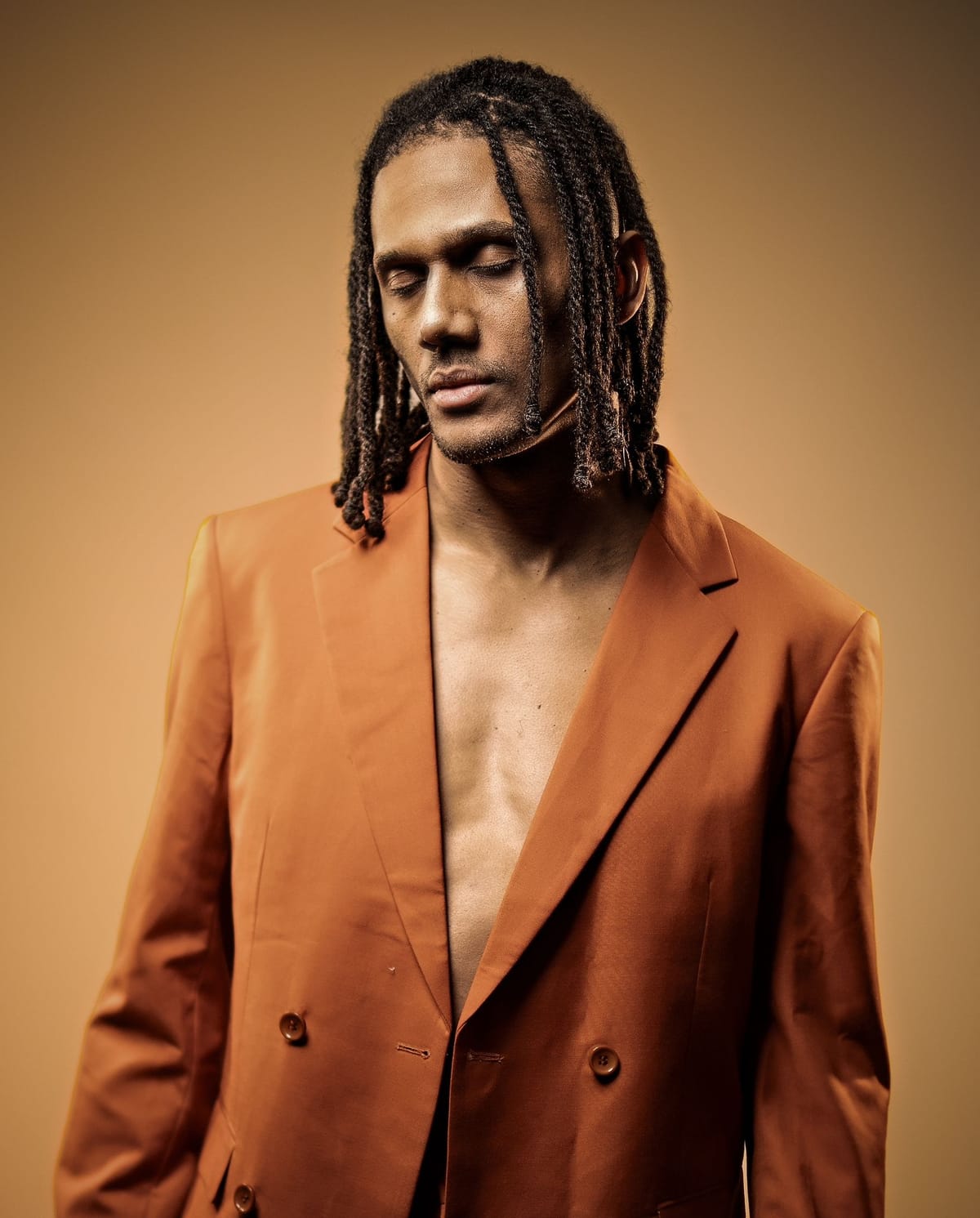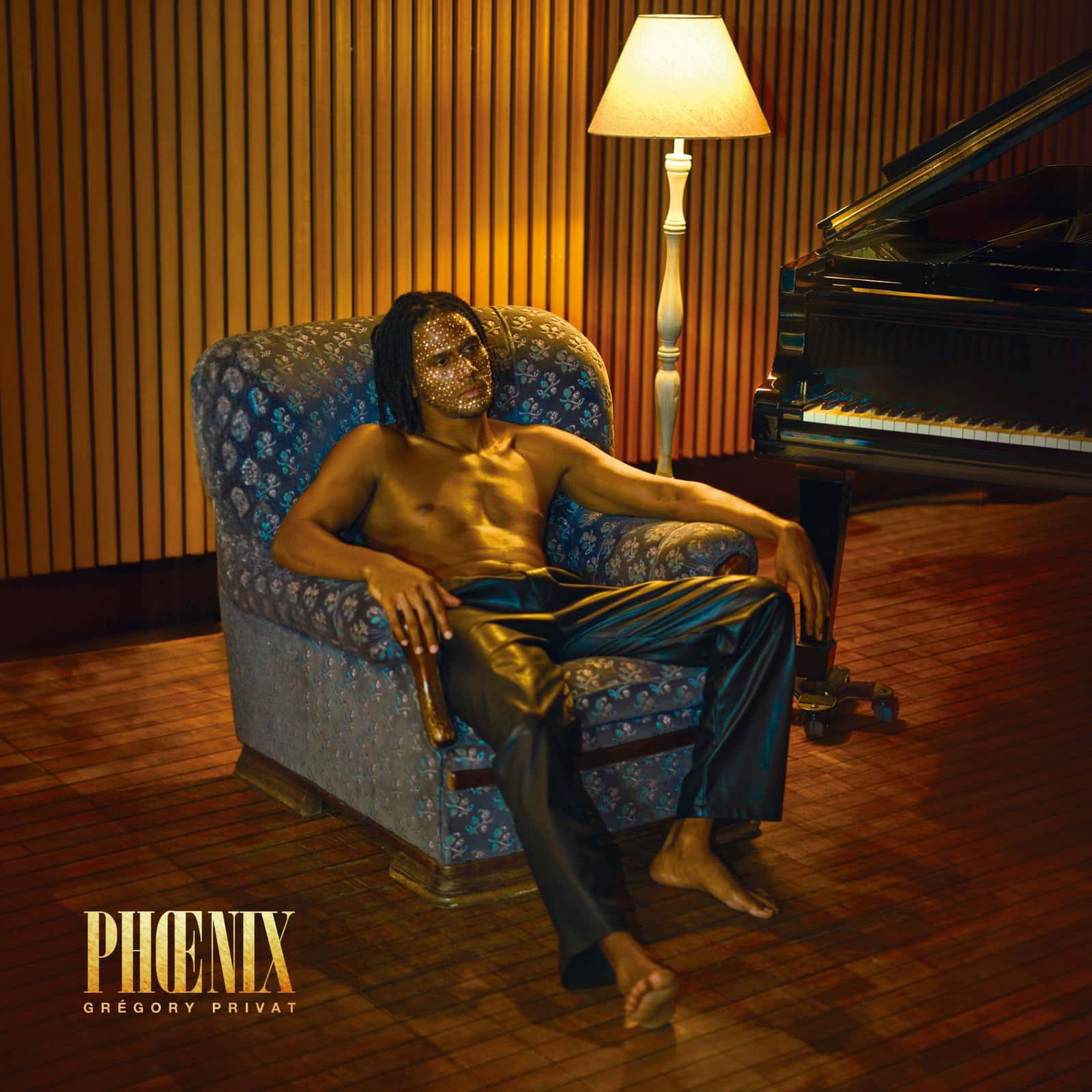Grégory Privat: rising from ashes to improvise the present

In the creative journey of an artist, two fundamental temporal elements shape their path: the past, which they seek to leave behind in order to avoid repetition, and the future, a horizon they endeavor to explore with each new element. Amidst these moments, uncertainty looms, dissipating only when the artist discovers their voice and resolves not to betray it. In this dance between past and future, artists navigate the labyrinth of creativity, forging their identity and leaving an indelible mark on the canvas of time.

In the realm of musical exploration, one artist has navigated the complexities of time, emerging from his past works like the mythical bird rising from its ashes. 'Phoenix is a continuity in my career, that's why the analogy with this creature that is reborn from the ashes. It's a way for me to express the ideas that I wanted to share with the audience: jazz music and the element of singing with the effects of the double bass and drums.' These words belong to Grégory Privat, who has found in his voice a way of forging connections with the audience and perpetuating his musical legacy.
For Privat, the creative process is totally connected with the act of questioning. 'As I'm growing as an artist, I try to be connected with my spirituality and my purpose as a human being, and what I want to say in my music. For me, it was important to express the questions that I have about the meaning of life: why are we here, and what's the meaning of all this?' Through his musical language, he tried to build a relation between the meaning of his art and this force called infinite. 'We are supposed to be on a planet inside a very big universe, and I think that maybe there is a connection between our body and the whole cosmos. It's a very spiritual approach because the questioning is about the meaning of life and death.'
The universe as a motif to add new sound elements. 'I wanted to start the album with a futuristic atmosphere, that's why I chose the keyboards,' he explains. Perhaps, Grégory's significant achievement lies not in rising from the ashes, but in incorporating electronic elements into an acoustic ambiance, creating sounds that appear to come from a larger ensemble than his trio composed of Chris Jennings on double bass and Tilo Bertholo on the drums. 'I wanted to have a trio because it's great acoustically, but I also wanted to have more elements. I'm playing the piano, the keyboards, and singing. The guys are using some effects on their instruments; sometimes you don't even realize if it is an acoustic bass.'
'I'm trying to connect the lyrics with the music to create a new picture. I think it might be clearer for people to understand where I want to go, so I also speak about the meaning of the songs. It’s been a great journey for me because I’m reaching a new audience, so we return to the beginning: being reborn from the ashes to start a new life.' In this search for a new life, Grégory is not leaving behind the past; Martinique - his motherland - is always with him: he sings in its native language. 'The lyrics are in Creole. In the song "Genesis," I used the concept of the Bible; I start with the creation of the sun, the sky, and the sea, and then it's the beginning of a new world. This album is like a new universe, so everyone is welcome to come in.'
To really understand his musical universe, it's necessary to look at Martinique where everything started by the influence of his father, the pianist José Privat, 'I started to play the piano when I was five years old, so this is thanks to him because he immediately gave me the love for music and for this instrument. I feel very fortunate to have a dad who is a musician; it's something very cool and powerful that I share with him.' His voice and rhythm stem from an island he is proud of.
The bunch of musical experiences throughout these years has enabled Grégory to discover those specific details that make his voice unique. 'I always made music for myself as a form of therapy, you know, to hear myself. Now, the more I play, the more concerts I do, and the more I meet people who come to my shows, I realize music has the power to give hope to people and make them smile.' The audience gives this trio the energy to perform, and in response, they play the correct notes to deeply connect with their souls. 'Last week, during a show, the audience told me, "Wow, it was so powerful, I felt something profound inside. You should connect your music to heal people." This is the gift life has given me, so I think I have to share it with the world.'
In the cosmic elements, Privat manages to give meaning to life. In the case of Supernova, he explores themes of interconnectedness and the shared origin of humanity. 'In that song, I’m asking the rain to wash my heart, and the rain answers that I might ask the sea, and the sea answers back to me that I don't need to wash my heart because it's created with stardust. I believe we all are made of stardust, even if we have a lot of differences such as traditions or religion. I want to gather people with the unique fact that we are all made of stars.'
In mythology, the phoenix prepares the nest where it will die so that it can be reborn in it. In that sense, Phoenix would not have the same impact without the albums that positioned Grégory within the European jazz scene. By listening to these twelve songs, is it possible to obtain the existential answers that Privat has asked himself? Probably not, but we will discover what Creole sounds like under a voice and a trio that remain true to themselves and that is more than enough.